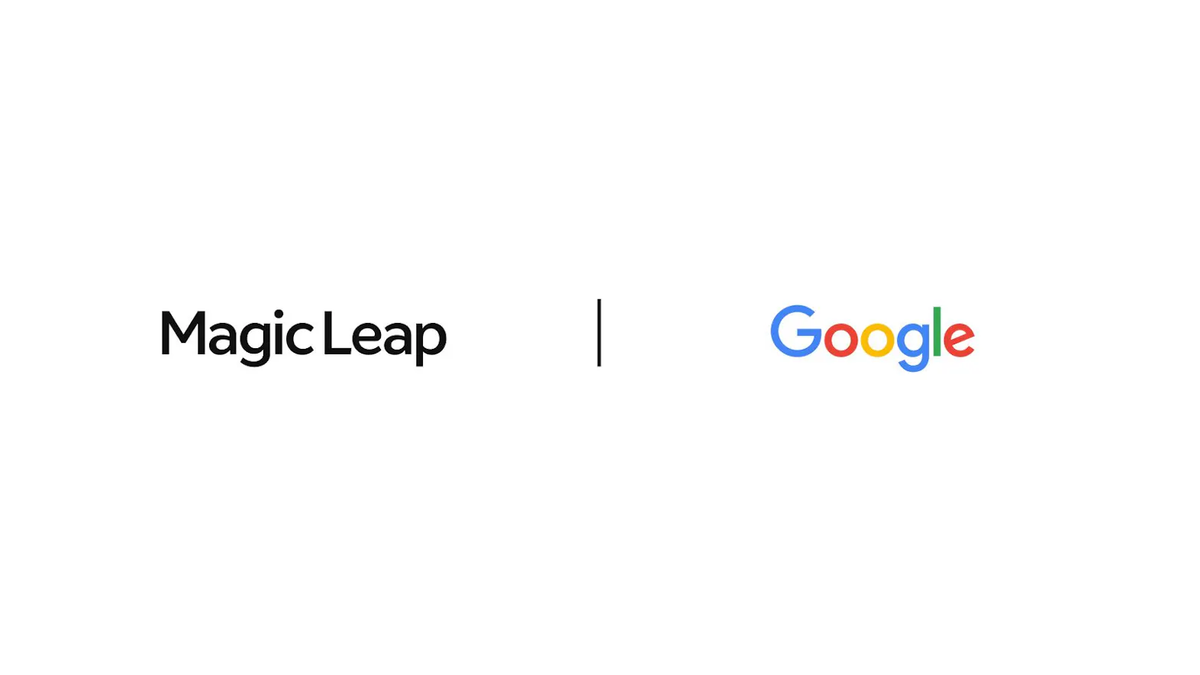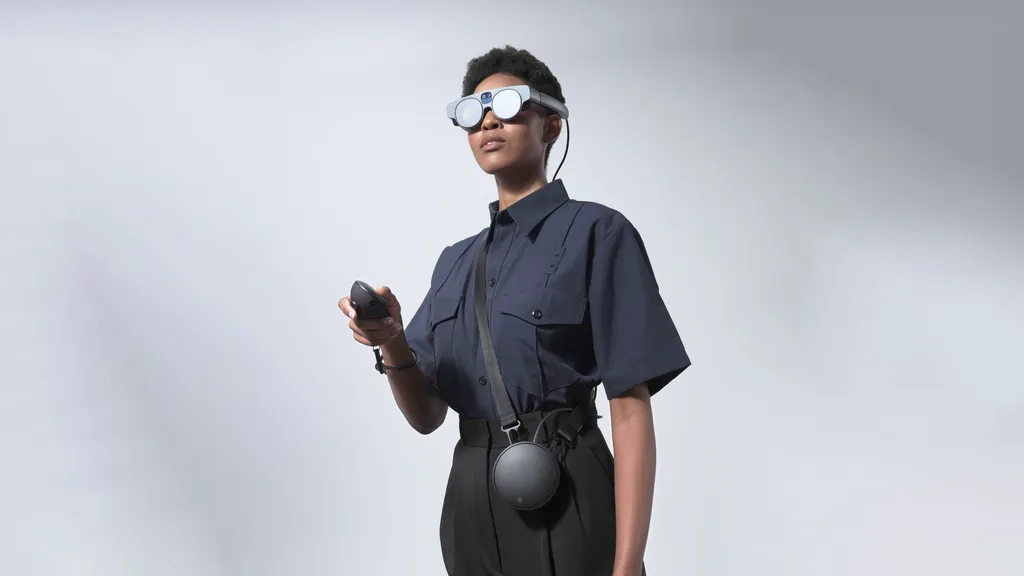Magic Leap is undergoing layoffs just a few months after announcing a partnership with Google.
Online postings from recently departed employees raised public notice of the move. We reached out to Magic Leap seeking a headcount, either remaining employed by the company or laid off, and received the following statement from a "company spokesperson" at an external public relations firm responding to an email sent to Magic Leap itself:
Magic Leap has been evolving our go-to-market approach to better align with market dynamics and emerging opportunities, optimizing how we support our customers and our ecosystem. As part of this, we have consolidated our frontline engagement to our developer support and care teams. We will continue to actively support Magic Leap’s customers, developers and our large ecosystem through the Developer Support and Care teams.
Today, Magic Leap makes the Magic Leap 2 optically transparent AR headset which is sold through resellers targeting enterprise and government use cases. Its founder and former CEO, Rony Abovitz, raised billions of dollars for the effort from the likes of Google and Saudi Arabia's private investment fund before the well for its increasingly large investment rounds ran dry around the time COVID-19 spread globally. Following massive layoffs, Abovitz was replaced as CEO and the company continued to focus its offering toward enterprise.
Four years later, Magic Leap 2 is a state-of-the-art AR headset which externalizes most processing for the device into a wearable sling in the somewhat similar way Apple reduces weight on your head with Vision Pro's battery pack. Importantly, Apple and Meta's headsets feature fully opaque VR displays which recreate the physical world for its wearers' eyes in a completely different optical path from Magic Leap's work. In 2018, during the singular time Abovitz accepted an on the record interview with me, he promised "papers" to back vague assertions about the safety of their approach in comparison to others.
Six years later, Meta already sees a hit in the smart glasses category with its Ray-partnership, albeit without a display, as a bulk of its research is spent on miniaturizing components and manufacturing to drive future AR glasses. While Meta is working to cut costs itself, it is doing so as headsets and glasses at the company might move from generating $1 billion a year in annual revenue to making $1 billion quarterly.
At the same time, Apple is spinning up its eyewear division starting with Apple Vision Pro using the same VR headset with camera passthrough path as Meta.

What amount of revenue did Magic Leap 2 generate this year? What are its prospects for 2025? And how valuable is any of what's left of Magic Leap's intellectual AR property portfolio to the likes of Google?
These are tough questions for Magic Leap's remaining staff and investors.































